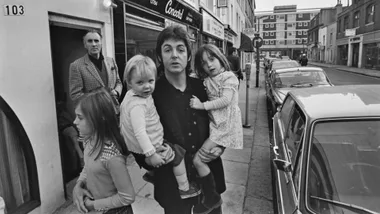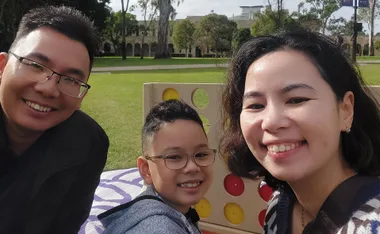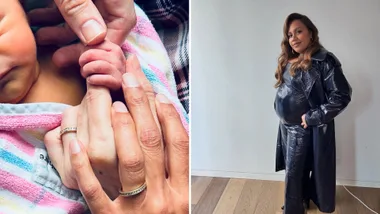Looking after your child’s teeth during the early years will have life-long health benefits. So what’s the best thing you can do to help protect his teeth?
The main cause of tooth decay is – you guessed it – sugar. But dentist Paul Gallop says that doesn’t mean you need to ban all sweet treats.
‘Having a few sweets little and often is more harmful than lots of sweets in one sitting,’ he says.
Of course, all children love sweet things, and it can be difficult to keep their cravings under control. The following tips will help keep your toddler’s taste buds – and her teeth – happy.
Stick to mealtimes
Keep cakes and desserts for mealtimes, and encourage your toddler to finish off with a piece of cheese afterwards to help neutralise harmful acid. It normally takes 20 minutes for saliva to neutralize acid formed by eating sugar, but eating something savoury like cheese can reduce this time by 10 minutes.
Have a sweet time
Introduce a once-a-week lolly day so your child has her sweet ration in one hit, and encourage her to eat up quickly – a handful of sweets finished off in 10 minutes is better than one every two hours. Choose carefully as sugary fragments from chewy sweets can get stuck on teeth for ages and lollipops, which need lots of sucking, are just as bad. Chocolate is the best choice.
Be snack-selective
Many mums offer fruit – fresh and dried – for mid-morning and afternoon snacks. But dried fruit contains lots of sugar and, like chewy sweets, can stick to teeth for ages. Keep these for mealtimes only. Fresh fruit- especially apples – also has a high sugar content, so offer your toddler something afterwards to neutralise the acid, such as a cube of cheese.
Think about drinks
Drinking cordial, juice or milk from a bottle is a primary cause of tooth decay, as the liquid washes around the teeth for longer than when swallowed straight from a cup. Introduce your toddler to a cup as soon as possible and keep juice and milk for mealtimes only. Plain water between meals will quench her thirst.
Did you know …
You’ll need to brush your child’s teeth for her until she’s at least seven. Only when she’s mastered neat handwriting will she be able to brush her teeth properly herself!










